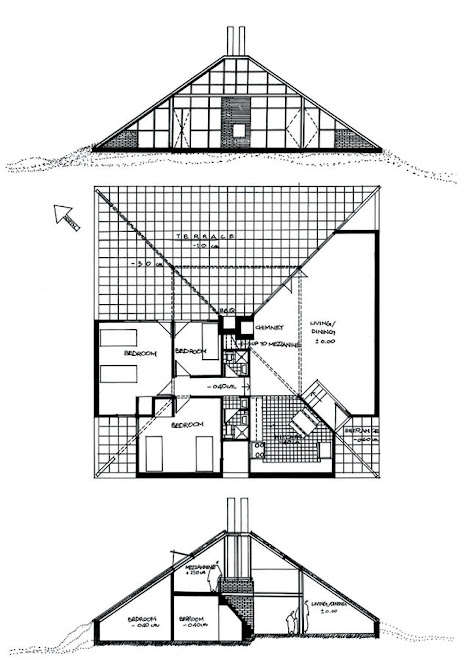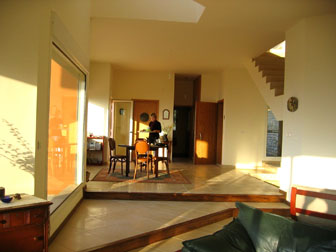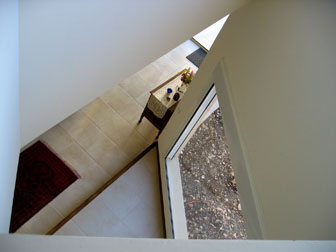Title: “Visible”
Materials: Red clay, waste materials firing (rusted steel dust, wood ash, wood saw dust, shredded paper)
Date: 2018
33rd Salon d'Automne
Sursock Museum
“Refuse containers are
overturned in front of the Environment Ministry by Lebanese activists who
demand the Environment Minister Mohammed Machnouk resign due to the ongoing
rubbish crisis in Beirut, Lebanon, on 15 September 2015 (AA)”
“Visible”
captures that moment
when protesters took to the streets of Beirut in September 2015 and overturned
the garbage bins. The “Sukleen” canisters that represent the object we have designed
to hold our waste, when turned over their side, or top down, they become a sign
of protest, a symbol of the unresolved garbage crisis that still lingers on since
2015 in Lebanon.
When
the bins are no longer used to collect our trash, our waste becomes visible,
revealed, and we are face to face with the quantity of garbage we produce
daily. We got used to throwing our waste into a bin. Not asking what happens to
it afterwards. As if the bin was its final destination. As if it was there that
it all ended. By not dealing with our waste on a daily and individual basis, we
are disconnected from it. We do not realize the amounts produced. And when it
has no place to go, it starts to accumulate in front of our eyes.Beyond
the protest, the crises revealed a bigger problem, triggered a new awareness: It
made the trash visible. To eliminate it, fire was often used. The “Visible”
canisters are burnt using a similar process: waste materials such as rusted steel dust,
wood ash, wood saw dust and shredded paper become
the combustibles for firing the clay canisters. “Visible” is the reminder that
the waste crisis can only be solved once we truly see the problem.










No comments:
Post a Comment